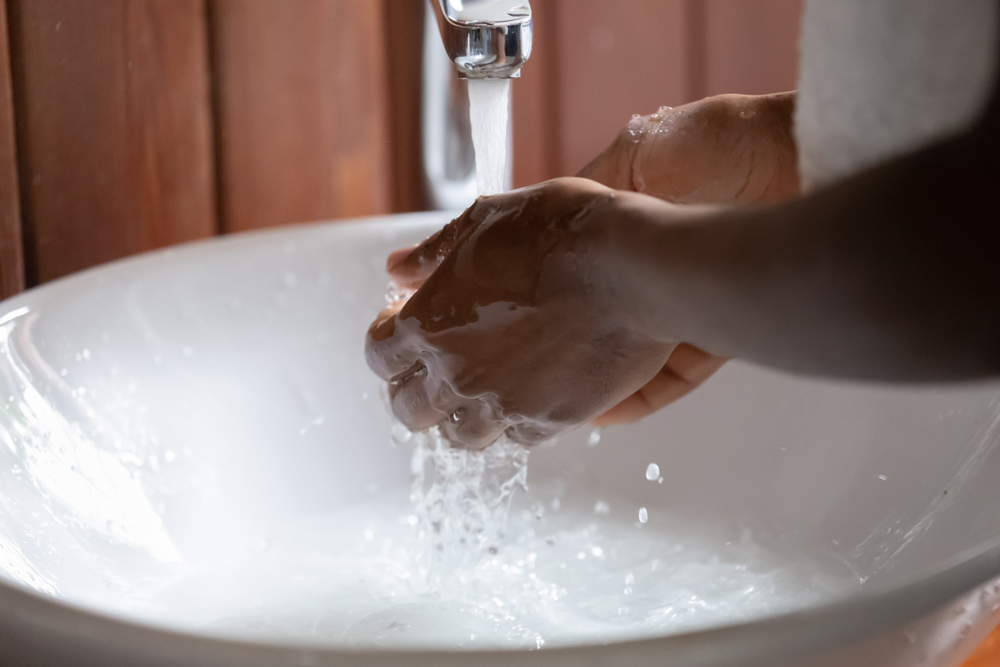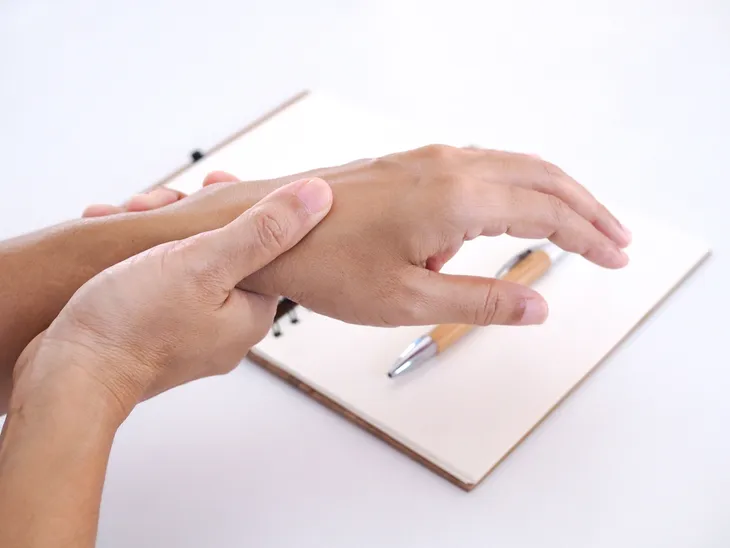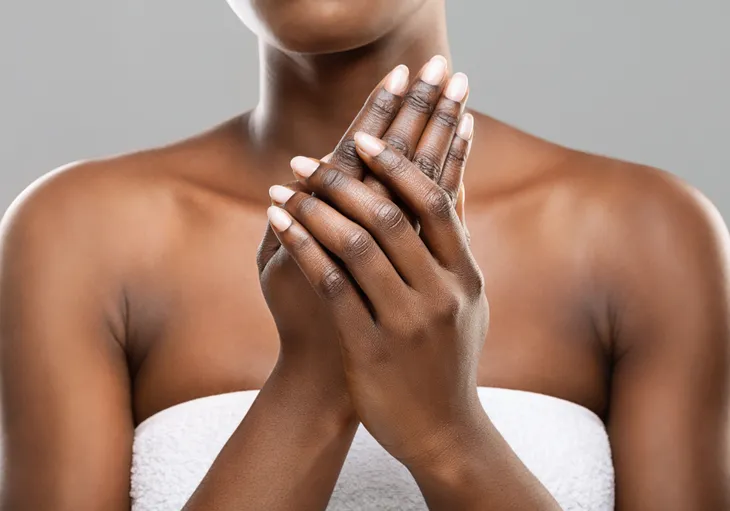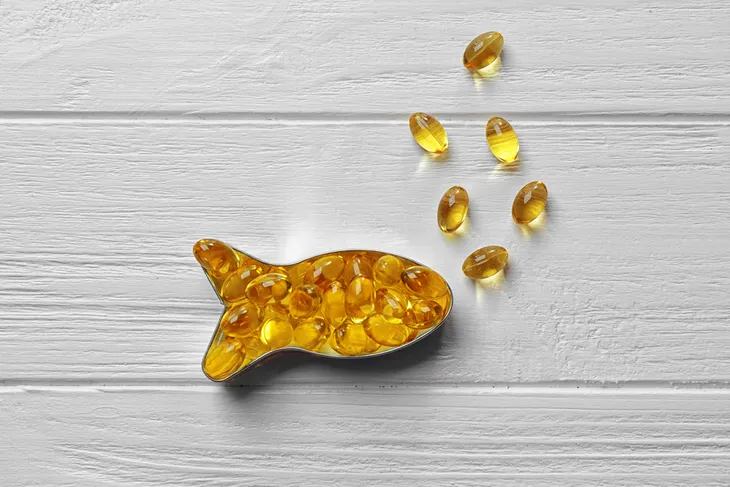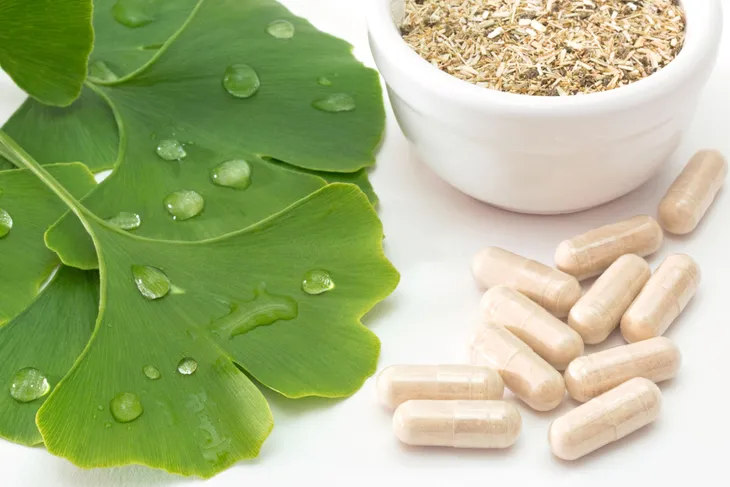- Raynaud’s syndrome affects an estimated 15 to 30 million Americans or between 5 and 10-percent of the population.
- This blood vessel disorder reduces blood flow to the fingers, toes, and other extremities of the body.
- Raynaud’s symptoms include intense sensitivity to cold temperatures, throbbing pain, numbness, spasms, and color changes to the skin.
- There’s currently no cure for the syndrome.
- Home treatments, such as alternative medicines, relaxation techniques, and lifestyle changes, may help manage the frequency and severity of episodes.
Raynaud’s syndrome might not be a life-threatening disease, but can be a source of significant pain. This disorder of the blood vessels affects a significant number of Americans. While there’s no known cure for Raynaud’s syndrome, there are some home treatments and remedies that can help mitigate chronic symptoms.
If you or a loved one suffers from Raynaud’s syndrome, it’s important to understand what exactly the disease is and what causes it. From there, you can explore various home remedies and other treatments, such as creams and relaxation techniques, to better cope with the disease.
What Is Raynaud’s Syndrome?
Raynaud’s syndrome, also referred to as Raynaud’s disease or phenomenon, is a disorder of the small arteries that deliver blood to the skin. For most people, Raynaud’s isn’t disabling or life-threatening; however, the syndrome can cause significant discomfort, emotional distress, and, in rare cases, tissue damage.
Because there’s no cure for Raynaud’s syndrome, home remedies (more on this later) play an important role in managing symptoms and enjoying a better quality of life.
What Causes Raynaud’s Syndrome?
Doctors have yet to determine a specific cause for Raynaud’s syndrome. For reasons unknown, women are nine times more likely to get it than men, and symptoms may appear at any age. Doctors do know Raynaud’s attacks are triggered when the blood vessels overreact to cold temperatures — and, in some cases, to stress. When this happens, the arteries become narrow and deliver a limited supply of blood to the fingers, toes, and other extremities. Over time, these small arteries may continue to slightly thicken and further restrict blood flow. Symptoms of a Raynaud’s attack include:
- Pain
- Numbness
- Throbbing
- Tingling
- Skin color changes from white to blue to red
Primary vs. Secondary Raynaud’s
The most common type of Raynaud’s is called primary Raynaud’s. With this condition, the syndrome typically appears between the ages of 15 and 25, without any other illness behind it. Primary Raynaud’s may be mild and even resolve on its own.
Secondary Raynaud’s, while less common, can be more serious. This form of Raynaud’s is associated with underlying medical issues, such as:
- Artery diseases, such as atherosclerosis and primary pulmonary hypertension
- Connective tissue diseases, such as scleroderma, lupus, and rheumatoid arthritis
- Carpal tunnel syndrome
- Injuries to the hands and feet
Other risk factors linked with secondary Raynaud’s include smoking, having an occupation that requires repetitive motions or vibrations, such as typing or operating a jackhammer, or taking certain medications that restrict the blood vessels. These may be prescription or over-the-counter drugs for high blood pressure, cancer, migraines, ADHD, or the common cold.
Coping With Raynaud’s Syndrome
Depending on the cause of your symptoms, your physician may recommend medications, such as calcium channel blockers or vasodilators. In more severe cases, chemical injections or nerve surgery may be advised. However, for most people, the mainline treatment for Raynaud’s syndrome involves preventing the attacks — or relieving them quickly when they happen.
Luckily there are effective home remedies you can try such as skin cream, supplements, and lifestyle changes. Let’s take a closer look at some of these simple techniques and remedies you can try at home.
 novak.elcic / Shutterstock
novak.elcic / ShutterstockPreventative Measures for Raynaud’s Syndrome
Experts agree the best way to manage Raynaud’s syndrome is to avoid cold weather or rapidly changing temperatures. However, this isn’t always practical or possible. If you must be outside or in air-conditioned rooms, try these tips:
- Always be prepared with a hat, gloves, mittens, and thermal socks.
- Carry air-activated heat packs or portable, rechargeable warmers.
- Use insulated drinking glasses and mugs.
- Set your thermostat to a warmer temperature.
Skin Creams and Lotions for Raynaud’s Syndrome
Over-the-counter creams and lotions offer another option for preventing or lessening the effects of Raynaud’s attacks. Topical treatments for Raynaud’s usually contain a key ingredient called L-arginine. This amino acid, commonly found in warming creams, is known to widen the blood vessels and help increase blood flow and circulation to the hands and feet. L-arginine may also help improve nerve function.
Other creams helpful for Raynaud’s include topical barriers that help insulate the skin from the cold. These products usually contain high concentrations of water-resistant lanolin that help your skin retain its own heat and moisture from within. Applied before going outdoors, these creams serve as a skin-soothing protective shield.
Supplements for Raynaud’s Syndrome
Supplements that encourage better blood flow may also be helpful for managing Raynaud’s syndrome. However, while many people claim to have success with these natural remedies, more clinical research is needed.
Some supplements that may benefit Raynaud’s syndrome include fish oil, ginkgo biloba, and cocoa flavanols which we’ll explain in more detail next. That said, before taking any supplements, it’s important to talk to your doctor about potential side effects or interactions with other medications you take.
1. Fish Oil
Preliminary research suggests taking fish oil dietary supplements may improve your tolerance to the cold. Studies conducted at Albany Medical College concluded that people who ingest fish oil capsules have significantly higher systolic blood pressure readings in cold temperatures. This may help delay the onset of vasospasm in people with primary Raynaud’s.
Fill oil supplements are also a great source of omega-3 fatty acids which can be very beneficial for the human body. They’re also easily accessible and can be found at your local grocery store.
2. Ginkgo Biloba
Ginkgo biloba may help reduce the frequency and severity of Raynaud’s attacks by opening the capillaries and increasing blood circulation. Though studies are ongoing, treatment of Raynaud’s with ginkgo biloba shows promise.
Because ginkgo biloba thins the blood, it should not be taken with aspirin, ibuprofen, coumadin, arthritis medication, or other herbs and medicines that can increase your risk of bleeding. Be sure to talk to your doctor before taking a ginkgo biloba supplement to ensure it’s suitable for you.
3. Cocoa Flavanols
Flavanols, the antioxidant compounds found in dark chocolate and cocoa beans, may also help boost blood circulation by supporting elasticity of the arteries and blood vessels. While research on the direct benefits for Raynaud’s syndrome continues, several studies suggest daily consumption of cocoa flavanols may boost mood and reduce stress, a major trigger for Raynaud’s attacks.
Can a piece of dark chocolate a day keep Raynaud’s symptoms away? Research suggests you may receive some health benefits by consuming just 2-3 ounces of 70% cocoa (or higher) dark chocolate per week. However, to match the benefits achieved in successful clinical trials for Raynaud’s, you should aim to consume about 500 milligrams of cocoa flavanols daily. This level will be easier—and healthier—to achieve with cocoa flavanol supplements in the form of pills, capsules, and powders rather than chocolate bars.
Relaxation Techniques for Raynaud’s Syndrome
It’s common for Raynaud’s episodes to be exacerbated or even caused by stress. When you have strong emotions, your body releases adrenaline that makes the blood vessels narrow.
While it takes commitment and time, self-help and relaxation techniques may help you manage stress and reduce the frequency and severity of Raynaud’s syndrome attacks. At-home practices to try include:
- Tai chi
- Qigong
- Meditation
The Mayo Clinic also recommends acupuncture, which appears to improve blood flow, and biofeedback, a technique that trains you to control your body temperature through guided imagery and deep breathing. Your doctor may be able to refer you to an appropriate therapist.
Lifestyle Changes for Raynaud’s Syndrome
Lifestyle adjustments for Raynaud’s aim to increase circulation, keep the blood vessels open, and improve overall health. These adjustments include limiting caffeine and alcohol and avoiding smoke. Smoking — even inhaling secondhand smoke — tightens the blood vessels and lowers the skin temperature, which makes Raynaud’s worse.
A regular exercise routine may also help increase blood supply to the body tissues and help you feel better. If you do experience an episode of Raynaud’s, swing your arms around in circles or windmills to get circulation going quickly. You may also run warm — not hot — water over your fingers and toes to gently rewarm the body and relax.
